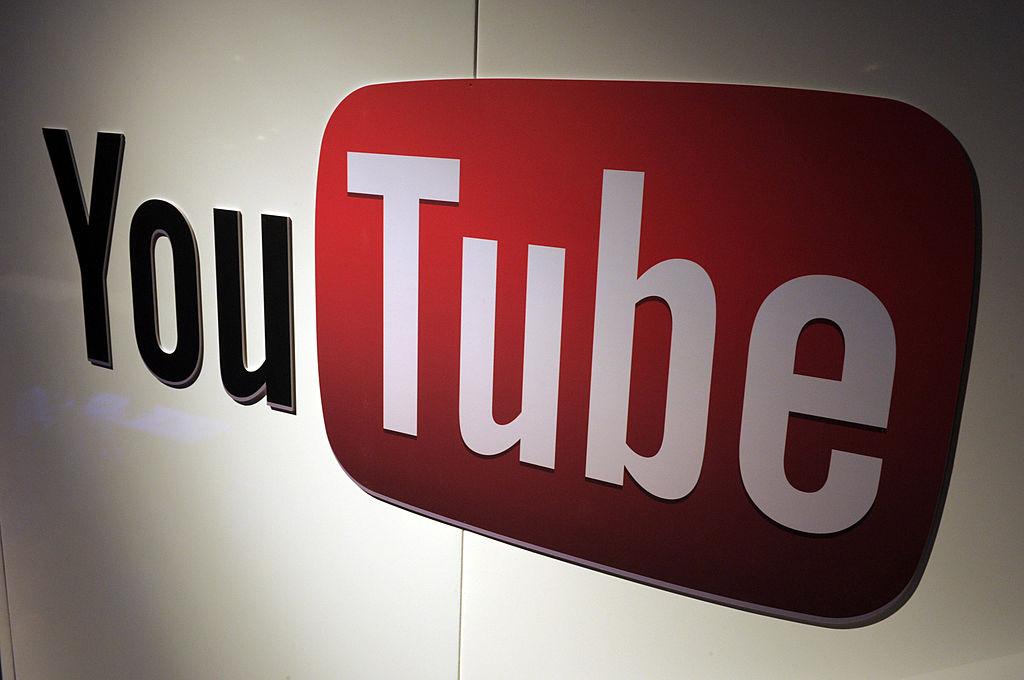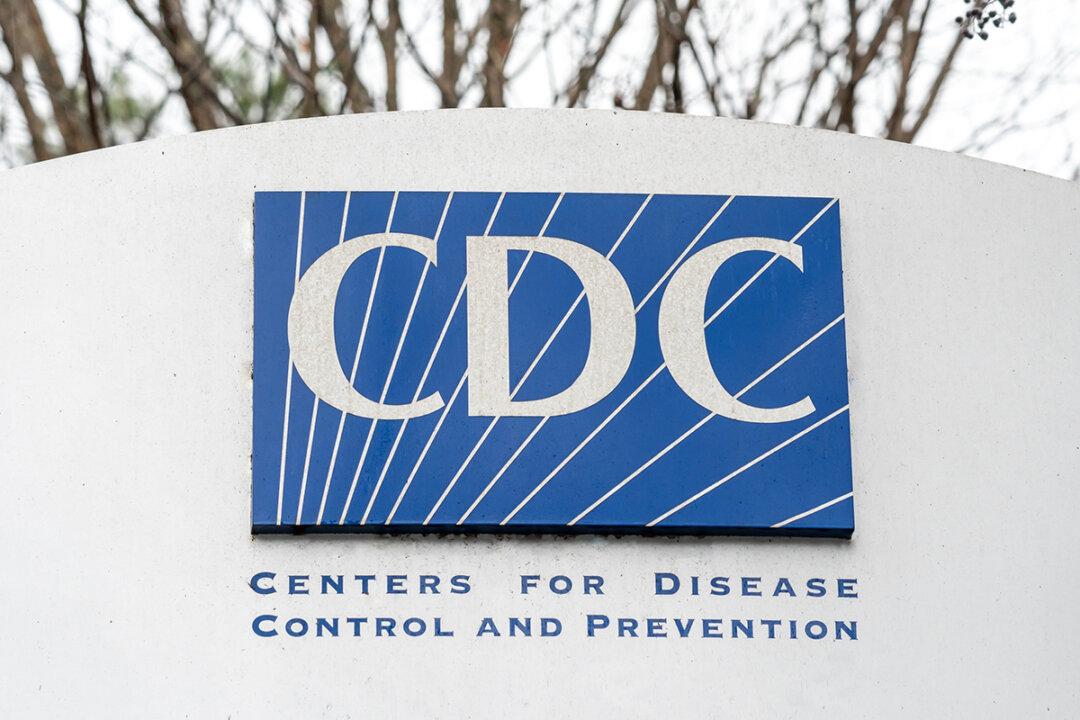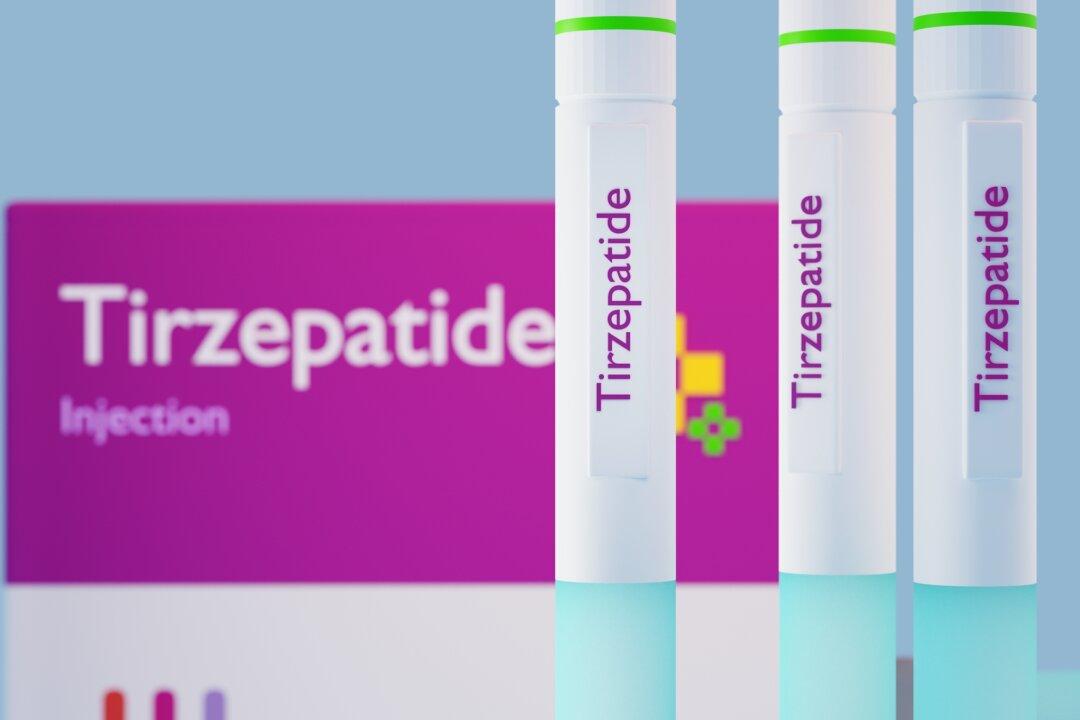YouTube on Tuesday announced a major step in dealing with medical misinformation policies, including “removing cancer misinformation.”
The video-sharing and social media platform is slated to begin a mass takedown of videos promoting cancer treatments “proven to be harmful or ineffective” or content that “discourages viewers from seeking professional medical treatment,” according to an official blog post. Examples include content claiming foods like garlic cure cancer or videos that push viewers to opt for vitamin C over radiation therapy—neither of which have scientific merit, the post said.





